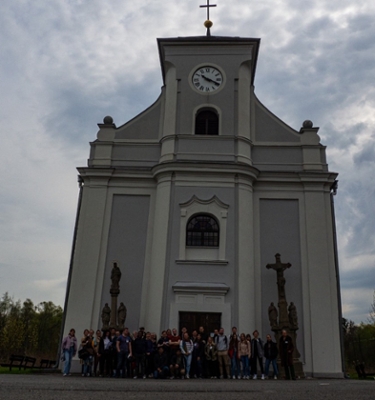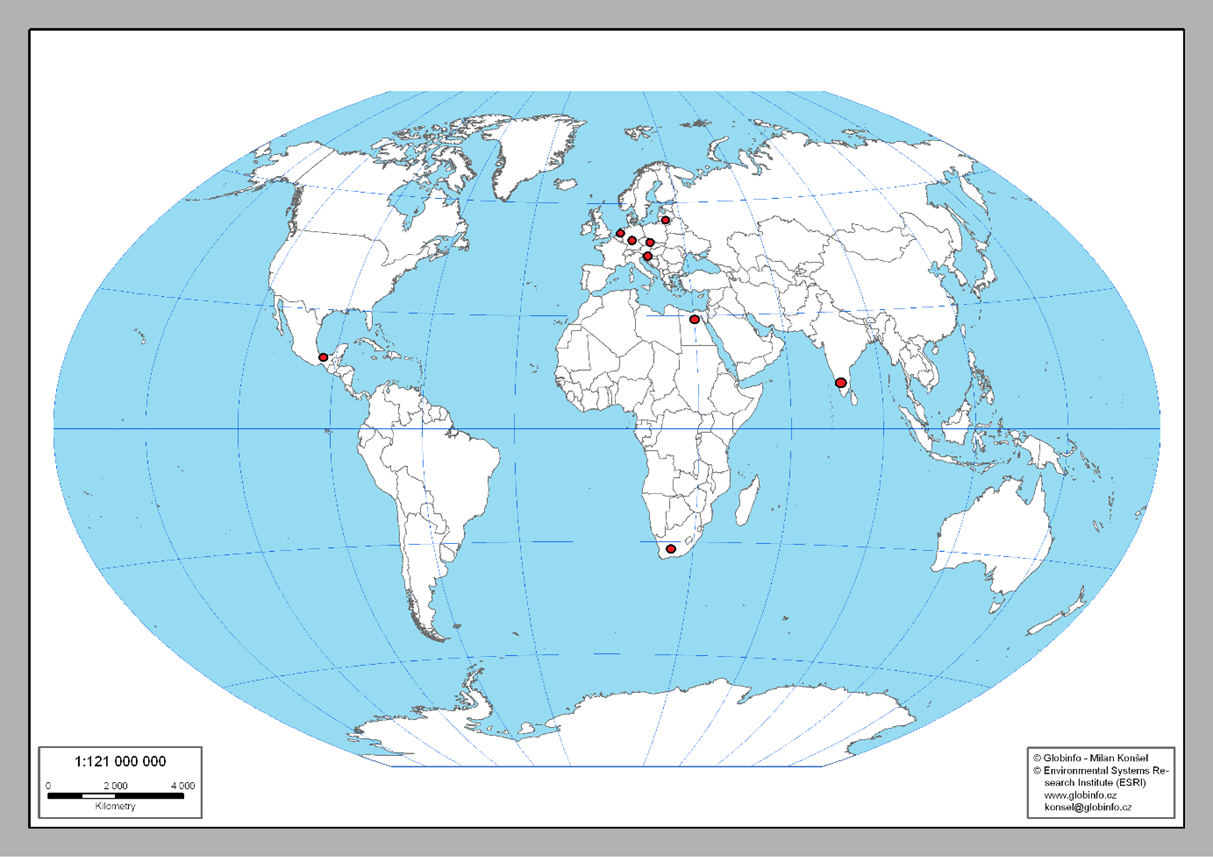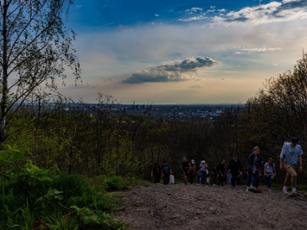The transformative power of commoning in post-industrial Ostrava
A summary of U!REKA’s 2023 Erasmus+ Blended Intensive Programme (BIP) on urban commons
20 Jun 2023 00:00 | CommunicationHow can urban commons transform an industrial mining region? This Spring, students from U!REKA partners in Ostrava, Amsterdam, Helsinki and Frankfurt worked together on an interdisciplinary challenge on this question, culminating in a visit to the Czech Republic.
Students and teachers across the U!REKA network pooled their expertise in an interactive and international project: Common Regeneration - How can urban commons transform an industrial and mining region? Case study: Ostrava. This collaborative learning module was organised from 15 March to 28 April 2023 both online and on-location during a field trip to Ostrava.
A total of 44 participants from six European higher education institutions representing 12 nationalities took part. In addition to students from the U!REKA partners in Amsterdam, Frankfurt, Helsinki and Ostrava, students from Ljubljana, Kaunas, India, Egypt, South Africa and Mexico also joined the programme. The interdisciplinary nature of the programme saw this very international group share their insights from diverse disciplines, including social work, architecture, civil and sustainable engineering, chemistry, international business, teacher training, design and communication.

Mobilising locals for a sustainable future
U!REKA’s partner in the Czech Republic, VSB - Technical University of Ostrava, is located in an area known for its industry and mining activities. Talking to residents and understanding their needs and the barriers to change is vital to transforming the region and mitigating the effects of climate change.
During the programme, this challenge was discussed from the perspective of the ‘commons’ concept during the online component: how can local people be mobilised to envision sustainable alternatives? During the trip to Ostrava, participants learned about the history of this extensive mining region from the end of the 18th century until 1992, when the mines closed. The area is slowly transforming into areas for nature and recreation. Efforts are also underway to create new jobs in this north-eastern corner of the Czech Republic by attracting new companies.
From a sociological perspective, many Roma communities migrated to Ostrava decades ago to work in the mines and now live in very poor conditions in urban areas. Students interviewed locals and worked in small groups to envision workable, inclusive interventions for the challenges that this group faces today, such as discrimination and financial hardship. The interviews with locals made a big impact on the students.
During the programme, various architectural solutions for the transformation of the area were also devised with a focus on how these solutions could be applied to post industrial areas anywhere in the world.

If you are interested in joining the Urban Commons Lab or finding out more about this project, please contact your local U!REKA representative.
PARTICIPATING U!REKA PARTNERS AND COLLEAGUES
Amsterdam University of Applied Sciences AUAS: Sandra Bos
Frankfurt University of Applied Sciences (FUAS): Raul Gschrey, Angelika Plümmer
Hogeschool Gent (HoGent): Greet De Brauwere, An Lescrauwaet; Tine Vanthuyne
Metropolia University of Applied Sciences Helsinki: Kaisa Kanerva
Politécnico de Lisboa (IPL): Diego Bent
VSB - Technical University of Ostrava : Barbara Vojvodikova


